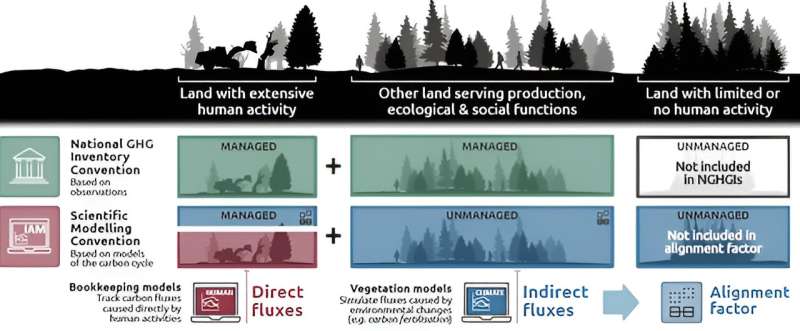DUBAI, UAE – Since 2021, Canada and the United States (US) have closely partnered on climate and environmental action, generating positive opportunities for both countries through bilateral collaboration. Today at COP28, both countries commit to renew and accelerate their joint efforts to combat the climate crisis and to increase economic benefits from collaboration. The Honourable Steven Guilbeault, Minister of Environment and Climate Change, and the Honourable Jonathan Wilkinson, Minister of Energy and Natural Resources, welcome the renewed Canada–United States commitment on climate ambition, released in a joint statement today during COP28. Canada and the US hold shared interests of increasing climate ambition to secure a globally competitive net-zero North American economy. Both countries work together to enhance aligned policies on climate change, while delivering economic growth, especially in integrated sectors.
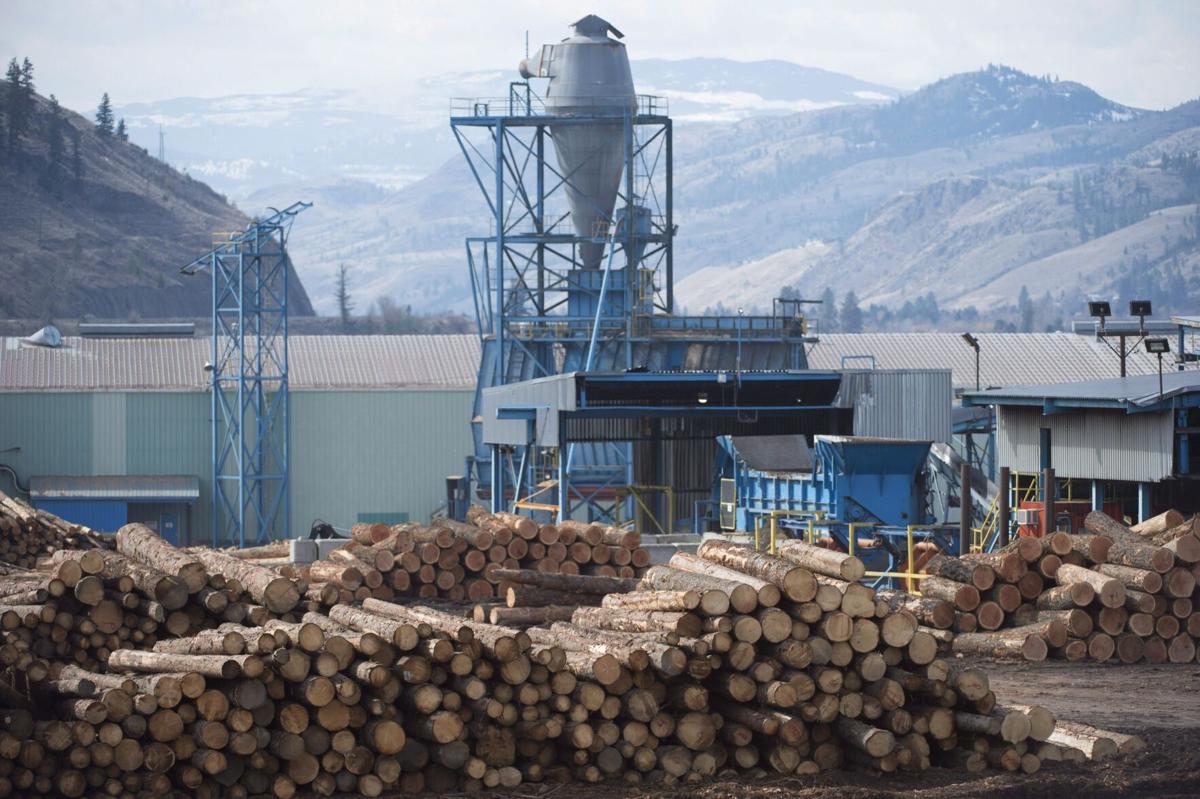
 The Wood Pellet Association of Canada has updated its website to reflect our continued growth and evolution. Pellets have become mainstream around the world and are making a difference in our green energy future here at home, and our story has never been more important to tell. In just a decade, our sector has become one of the largest pellet producers in the world, supplying customers domestically and globally with quality pellets that support a low-carbon economy. Our new website is a key tool to help WPAC and its members share their commitment to supplying the world with responsible and renewable clean energy. The website’s modernization brings improved functionality so it’s easier for you to access the
The Wood Pellet Association of Canada has updated its website to reflect our continued growth and evolution. Pellets have become mainstream around the world and are making a difference in our green energy future here at home, and our story has never been more important to tell. In just a decade, our sector has become one of the largest pellet producers in the world, supplying customers domestically and globally with quality pellets that support a low-carbon economy. Our new website is a key tool to help WPAC and its members share their commitment to supplying the world with responsible and renewable clean energy. The website’s modernization brings improved functionality so it’s easier for you to access the 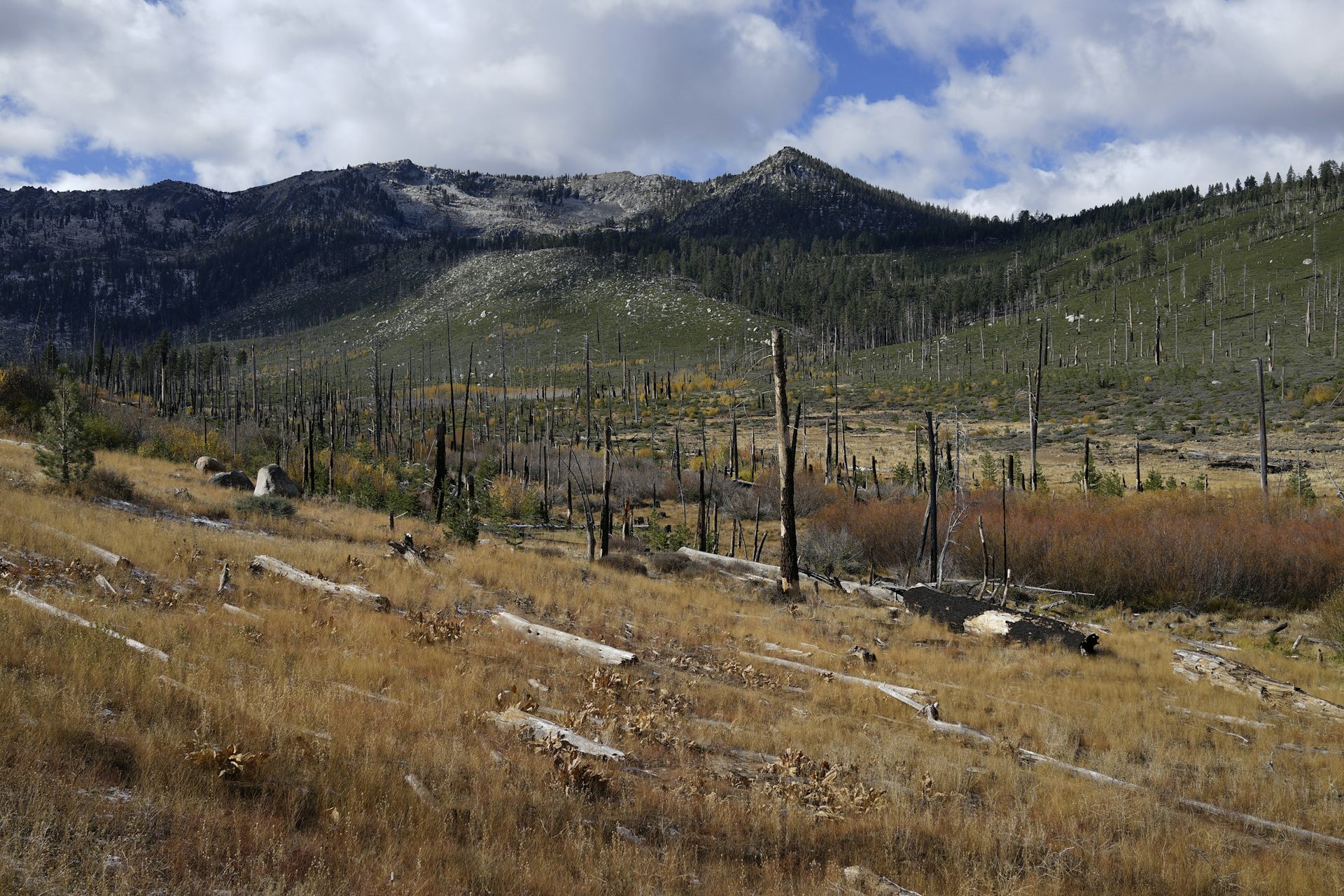
 OTTAWA, ON — Today, the Government of Canada published the first Progress Report on the 2030 Emissions Reduction Plan (2030 ERP). Coinciding with the publication of the Oil and Gas Emissions Cap framework, today’s publication is timely, as Canada participates in the 28th Conference of the Parties to the United Nations Framework Convention on Climate Change (COP28), where the world is focusing on how to implement ambitious climate action. …In 2015,
OTTAWA, ON — Today, the Government of Canada published the first Progress Report on the 2030 Emissions Reduction Plan (2030 ERP). Coinciding with the publication of the Oil and Gas Emissions Cap framework, today’s publication is timely, as Canada participates in the 28th Conference of the Parties to the United Nations Framework Convention on Climate Change (COP28), where the world is focusing on how to implement ambitious climate action. …In 2015,  The Fall Economic Statement Implementation Act, 2023 includes a variety of tax measures that were introduced in Parliament on November 30, 2023, as
The Fall Economic Statement Implementation Act, 2023 includes a variety of tax measures that were introduced in Parliament on November 30, 2023, as 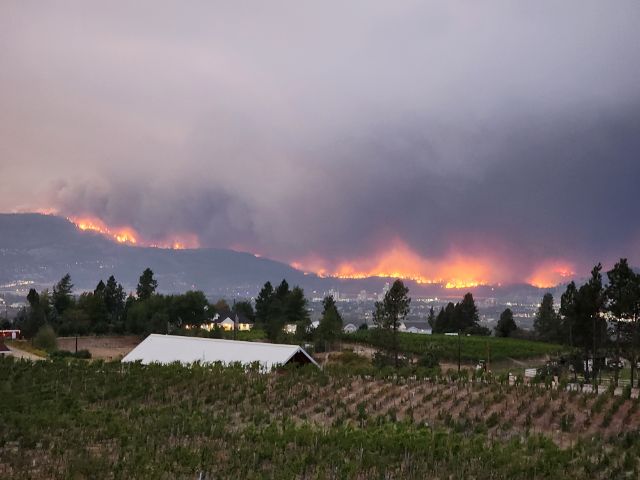 As wildfires burned a record 18.5 million hectares across Canada this year, greenhouse gas emissions from those fires also soared to record heights, with preliminary estimates indicating they could be double or even triple the emissions from industrial activity. But when Ottawa releases its annual update on GHGs in 2024, those wildfire emissions won’t be part of the tally. In keeping with international reporting guidelines, Canada’s yearly National Inventory Report highlights human-caused, or anthropogenic, emissions rather than natural disturbances, such as insect outbreaks or wildfires. Wildfire emissions are included in that report, but as an information item, not part of the tally Canada presents when tracking its progress in reducing emissions. But the magnitude of this year’s wildfire emissions – and growing evidence of how climate change and wildfires are connected – is resulting in calls for more transparency in how they are reported and urgent action to try to keep them in check.
As wildfires burned a record 18.5 million hectares across Canada this year, greenhouse gas emissions from those fires also soared to record heights, with preliminary estimates indicating they could be double or even triple the emissions from industrial activity. But when Ottawa releases its annual update on GHGs in 2024, those wildfire emissions won’t be part of the tally. In keeping with international reporting guidelines, Canada’s yearly National Inventory Report highlights human-caused, or anthropogenic, emissions rather than natural disturbances, such as insect outbreaks or wildfires. Wildfire emissions are included in that report, but as an information item, not part of the tally Canada presents when tracking its progress in reducing emissions. But the magnitude of this year’s wildfire emissions – and growing evidence of how climate change and wildfires are connected – is resulting in calls for more transparency in how they are reported and urgent action to try to keep them in check.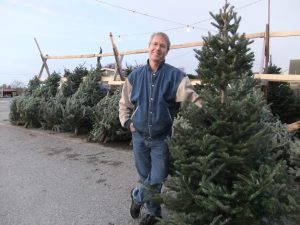 The real-versus-fake Christmas tree debate has raged for years. Fresh trees smell great but can also be messy; artificial trees are less of a hassle but also need year-round storage space. But there’s another, bigger consideration: Which type of tree is the more sustainable option? To get to the core of the issue, we spoke with Megan Quinn at the Nature Conservancy of Canada, and Lienna Hoeg, Christmas tree specialist at Perennia in Nova Scotia. “Reusing the same artificial Christmas tree year after year sounds more sustainable,” Quinn says. “But it’s important to consider the climate impact of manufacturing and shipping plastic trees around the world.” …“Most fake trees are made with polyvinyl chloride, which is one of the worst plastics we can produce,” Hoeg says. …“Artificial trees are made with plastic and metal and you can’t recycle them,” Hoeg notes.
The real-versus-fake Christmas tree debate has raged for years. Fresh trees smell great but can also be messy; artificial trees are less of a hassle but also need year-round storage space. But there’s another, bigger consideration: Which type of tree is the more sustainable option? To get to the core of the issue, we spoke with Megan Quinn at the Nature Conservancy of Canada, and Lienna Hoeg, Christmas tree specialist at Perennia in Nova Scotia. “Reusing the same artificial Christmas tree year after year sounds more sustainable,” Quinn says. “But it’s important to consider the climate impact of manufacturing and shipping plastic trees around the world.” …“Most fake trees are made with polyvinyl chloride, which is one of the worst plastics we can produce,” Hoeg says. …“Artificial trees are made with plastic and metal and you can’t recycle them,” Hoeg notes. The Government of Canada on Nov. 21 announced plans to allow systems that utilize waste biomass to produce heat and/or electricity to claim the country’s Clean Technology Investment Tax Credit and Clean Electricity Investment Tax Credit. …In its announcement, the agency said it is proposing to expand eligibility for the 30 percent Clean Technology Investment Tax Credit to include systems that produce electricity, heat, or both electricity and heat from waste biomass. …Department of Finance Canada is also proposing to expand eligibility for the 15 percent Clean Electricity Investment Tax Credit to include systems that produce electricity or both electricity and heat from waste biomass, which would be available as of the date of Budget 2024 for projects that did not begin construction before March 28, 2023. …Drax Group plc released a statement on Nov. 24 commending the Government of Canada on the inclusion.
The Government of Canada on Nov. 21 announced plans to allow systems that utilize waste biomass to produce heat and/or electricity to claim the country’s Clean Technology Investment Tax Credit and Clean Electricity Investment Tax Credit. …In its announcement, the agency said it is proposing to expand eligibility for the 30 percent Clean Technology Investment Tax Credit to include systems that produce electricity, heat, or both electricity and heat from waste biomass. …Department of Finance Canada is also proposing to expand eligibility for the 15 percent Clean Electricity Investment Tax Credit to include systems that produce electricity or both electricity and heat from waste biomass, which would be available as of the date of Budget 2024 for projects that did not begin construction before March 28, 2023. …Drax Group plc released a statement on Nov. 24 commending the Government of Canada on the inclusion.


 The Forest Enhancement Society of BC is funding 61 projects in communities throughout BC in 2023 that include 19 projects, announced November 30, which are supported by funding from the Province of British Columbia. These projects will reduce wildfire risk, lower greenhouse gas emissions, and provide recovered fibre to mills and bioenergy facilities. “Improving utilization of wood fibre is a win for people and our forests,” emphasizes Gordon Murray, Executive Director, Wood Pellet Association of Canada. “These projects support the conversion of what was once considered waste into wood pellets, creating jobs, heating and powering Canadian homes and businesses, reducing wildfire risk, and contributing to global climate goals by displacing fossil fuels and advancing new technologies like bioenergy with carbon capture and storage.” Wood pellets play a key role in helping communities create robust, sustainable economies while addressing the challenges of balancing economic development with conservation and community values, with safety at the forefront.
The Forest Enhancement Society of BC is funding 61 projects in communities throughout BC in 2023 that include 19 projects, announced November 30, which are supported by funding from the Province of British Columbia. These projects will reduce wildfire risk, lower greenhouse gas emissions, and provide recovered fibre to mills and bioenergy facilities. “Improving utilization of wood fibre is a win for people and our forests,” emphasizes Gordon Murray, Executive Director, Wood Pellet Association of Canada. “These projects support the conversion of what was once considered waste into wood pellets, creating jobs, heating and powering Canadian homes and businesses, reducing wildfire risk, and contributing to global climate goals by displacing fossil fuels and advancing new technologies like bioenergy with carbon capture and storage.” Wood pellets play a key role in helping communities create robust, sustainable economies while addressing the challenges of balancing economic development with conservation and community values, with safety at the forefront. 
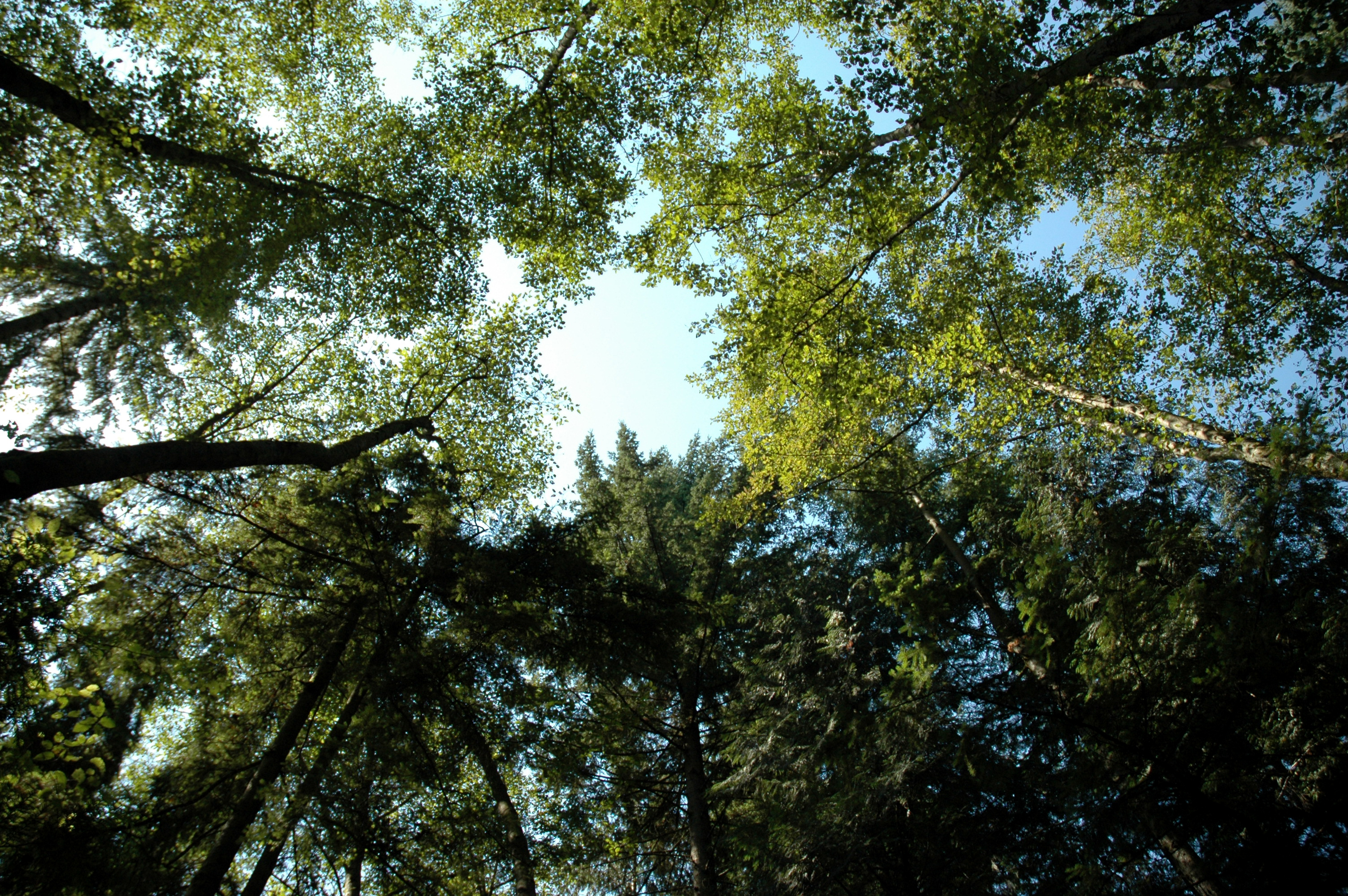 The US alone could remove 1 billion tons of carbon from the atmosphere annually by midcentury using existing technologies. Forests, soil and manmade solutions in their early stages of development could help get the US to net zero, according to a report by
The US alone could remove 1 billion tons of carbon from the atmosphere annually by midcentury using existing technologies. Forests, soil and manmade solutions in their early stages of development could help get the US to net zero, according to a report by  We all know that forests can be good for the climate all on their own. In the U.S., forests sequestered the equivalent of 11% percent of total U.S. industrial emissions in 2021. About fifty percent of the weight of dry wood is carbon, which means that trees and long-lived wood products store carbon. But what if there were a way to make forests better for the climate? Making a good thing better is, essentially, the goal of climate smart forestry (CSF). …Yet, the term remains vague in meaning and use. …The U.S. Forest Service is exploring development of a CSF-based approach to managing its lands, which seems like it will incorporate protection of mature and old growth forests. Keeping an eye on various government definitions will be critical, as competing definitions may lead to policy and regulatory conflicts down the road. …FSC and SFI have identified climate outcomes as a potential gap in their certification standards.
We all know that forests can be good for the climate all on their own. In the U.S., forests sequestered the equivalent of 11% percent of total U.S. industrial emissions in 2021. About fifty percent of the weight of dry wood is carbon, which means that trees and long-lived wood products store carbon. But what if there were a way to make forests better for the climate? Making a good thing better is, essentially, the goal of climate smart forestry (CSF). …Yet, the term remains vague in meaning and use. …The U.S. Forest Service is exploring development of a CSF-based approach to managing its lands, which seems like it will incorporate protection of mature and old growth forests. Keeping an eye on various government definitions will be critical, as competing definitions may lead to policy and regulatory conflicts down the road. …FSC and SFI have identified climate outcomes as a potential gap in their certification standards.

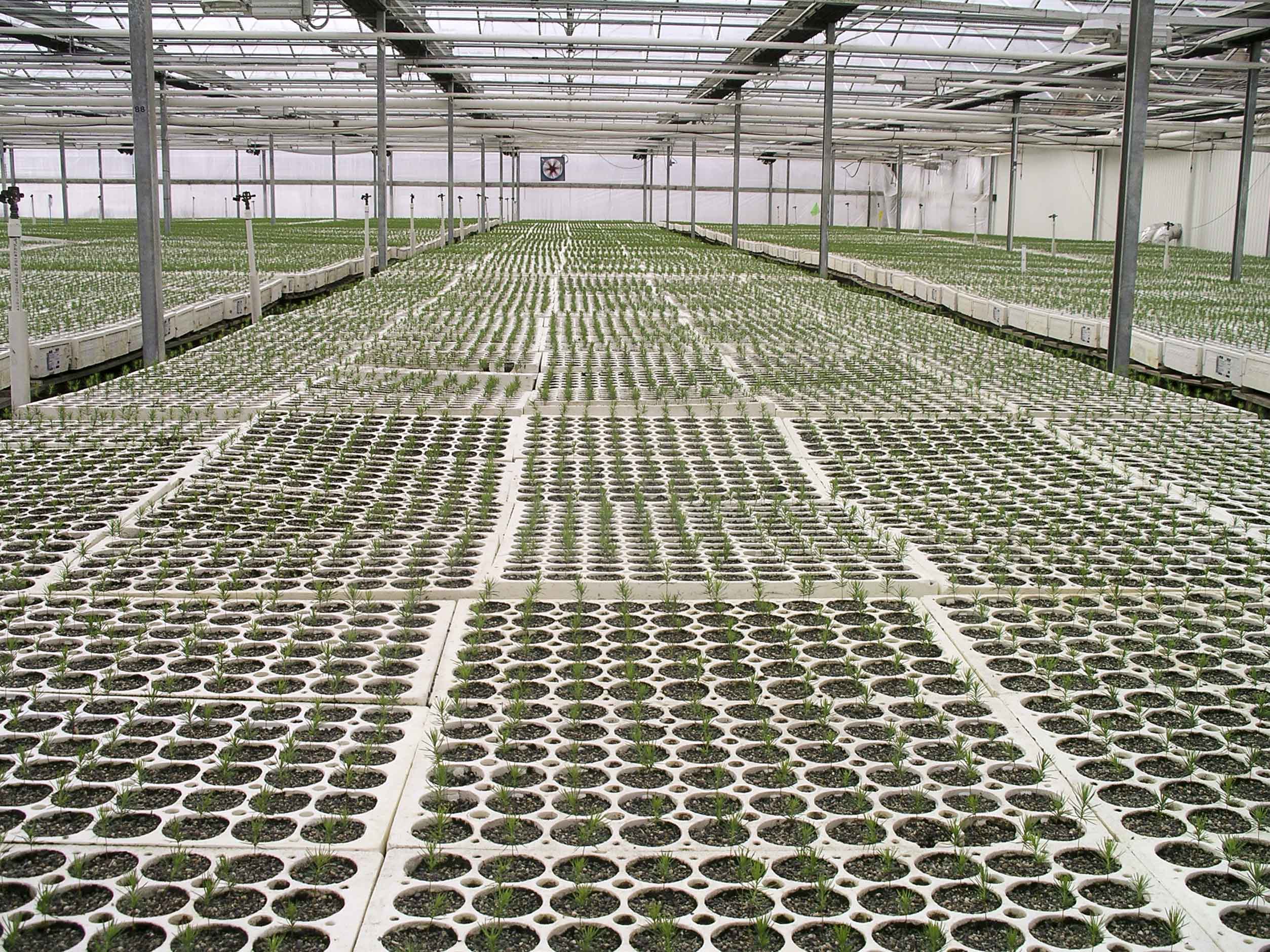 At COP28, ecologist Thomas Crowther, former chief scientific adviser for the United Nations’ Trillion Trees Campaign, was doing something he never would have expected a few years ago: begging environmental ministers to stop planting so many trees. Mass plantations are not the environmental solution they’re purported to be, Crowther argued. The potential of newly created forests to draw down carbon is often overstated. They can be harmful to biodiversity. Above all, they are really damaging when used as
At COP28, ecologist Thomas Crowther, former chief scientific adviser for the United Nations’ Trillion Trees Campaign, was doing something he never would have expected a few years ago: begging environmental ministers to stop planting so many trees. Mass plantations are not the environmental solution they’re purported to be, Crowther argued. The potential of newly created forests to draw down carbon is often overstated. They can be harmful to biodiversity. Above all, they are really damaging when used as 


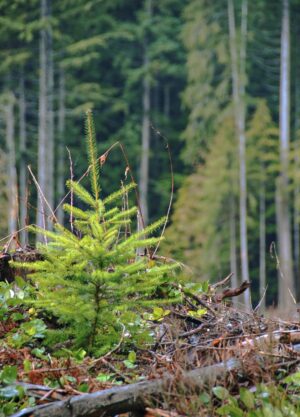 Voluntary carbon markets have been at the forefront of allegations of greenwashing in recent years. …Carbon credits linked to forest initiatives have attracted particularly strong criticism recently, with companies accused of using these credits as offsets to avoid responsibility for reducing their own emissions. …As a result, confidence in the market has been shaken, choking off a potentially vital financial source for forest countries. To be clear, the problems with forest carbon markets that have hit the front pages are very real. But they aren’t the full story. …We shouldn’t gloss over bad practice. But we also shouldn’t overlook the years of work done by governments to ensure forest carbon transactions can be done with integrity. This includes the creation of the U.N.’s REDD+ framework for “reducing emissions from deforestation and degradation in developing countries.
Voluntary carbon markets have been at the forefront of allegations of greenwashing in recent years. …Carbon credits linked to forest initiatives have attracted particularly strong criticism recently, with companies accused of using these credits as offsets to avoid responsibility for reducing their own emissions. …As a result, confidence in the market has been shaken, choking off a potentially vital financial source for forest countries. To be clear, the problems with forest carbon markets that have hit the front pages are very real. But they aren’t the full story. …We shouldn’t gloss over bad practice. But we also shouldn’t overlook the years of work done by governments to ensure forest carbon transactions can be done with integrity. This includes the creation of the U.N.’s REDD+ framework for “reducing emissions from deforestation and degradation in developing countries.



 Most participants argue that REDD+ (Reduced Emissions from Deforestation and Degradation, plus enhancements of carbon stocks in developing countries) is included in the Paris Agreement, even though the acronym is nowhere to be found. That’s because of
Most participants argue that REDD+ (Reduced Emissions from Deforestation and Degradation, plus enhancements of carbon stocks in developing countries) is included in the Paris Agreement, even though the acronym is nowhere to be found. That’s because of 
 A new report from Greenpeace East Asia draws attention to the risks associated with carbon offsets in China. China represents a massive market for the accreditation and sale of carbon offset credits, particularly in the light of liquefied natural gas (LNG) imports. …Li Jiatong, Greenpeace East Asia Beijing-based project leader said: “In the past few years, the global carbon offset industry has been riddled with scandals and costly methodological errors.” Li went on to say that carbon offsetting is swiftly enveloping China, even as it is currently in a crisis of confidence around the world. …One of the main subjects of the analysis conducted by Greenpeace are the forestry carbon projects in China, which are said to frequently demonstrate inconsistent levels of quality largely due to a lack of rigorous standards and insufficient data collection. …Greenpeace East Asia is urging authorities to disregard them completely.
A new report from Greenpeace East Asia draws attention to the risks associated with carbon offsets in China. China represents a massive market for the accreditation and sale of carbon offset credits, particularly in the light of liquefied natural gas (LNG) imports. …Li Jiatong, Greenpeace East Asia Beijing-based project leader said: “In the past few years, the global carbon offset industry has been riddled with scandals and costly methodological errors.” Li went on to say that carbon offsetting is swiftly enveloping China, even as it is currently in a crisis of confidence around the world. …One of the main subjects of the analysis conducted by Greenpeace are the forestry carbon projects in China, which are said to frequently demonstrate inconsistent levels of quality largely due to a lack of rigorous standards and insufficient data collection. …Greenpeace East Asia is urging authorities to disregard them completely.


